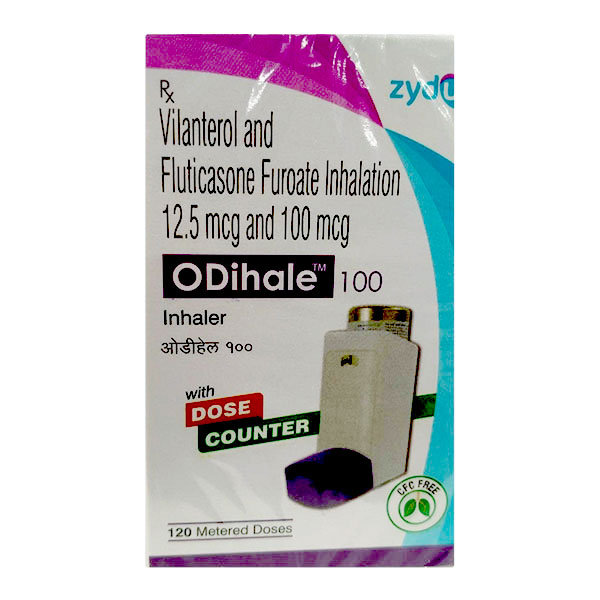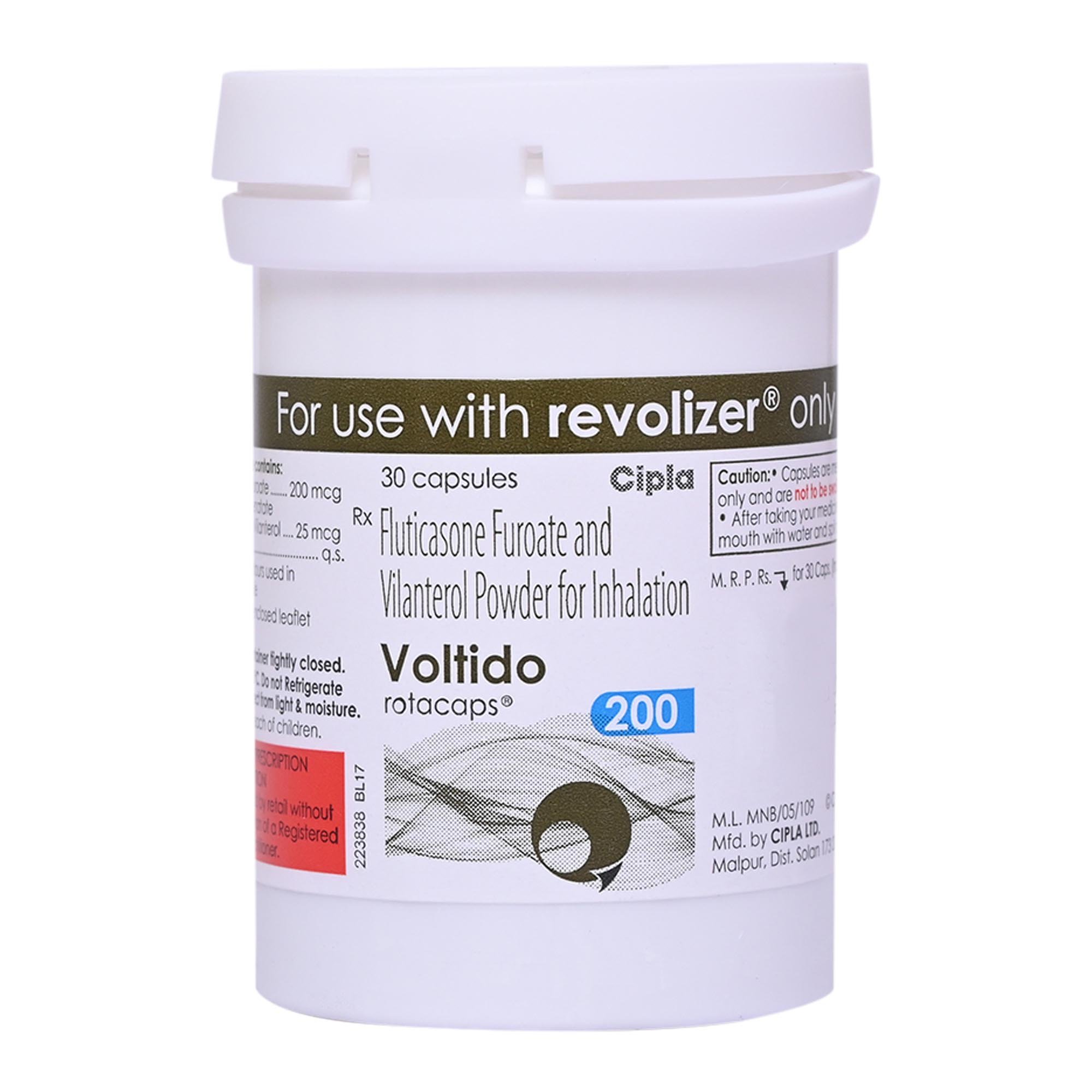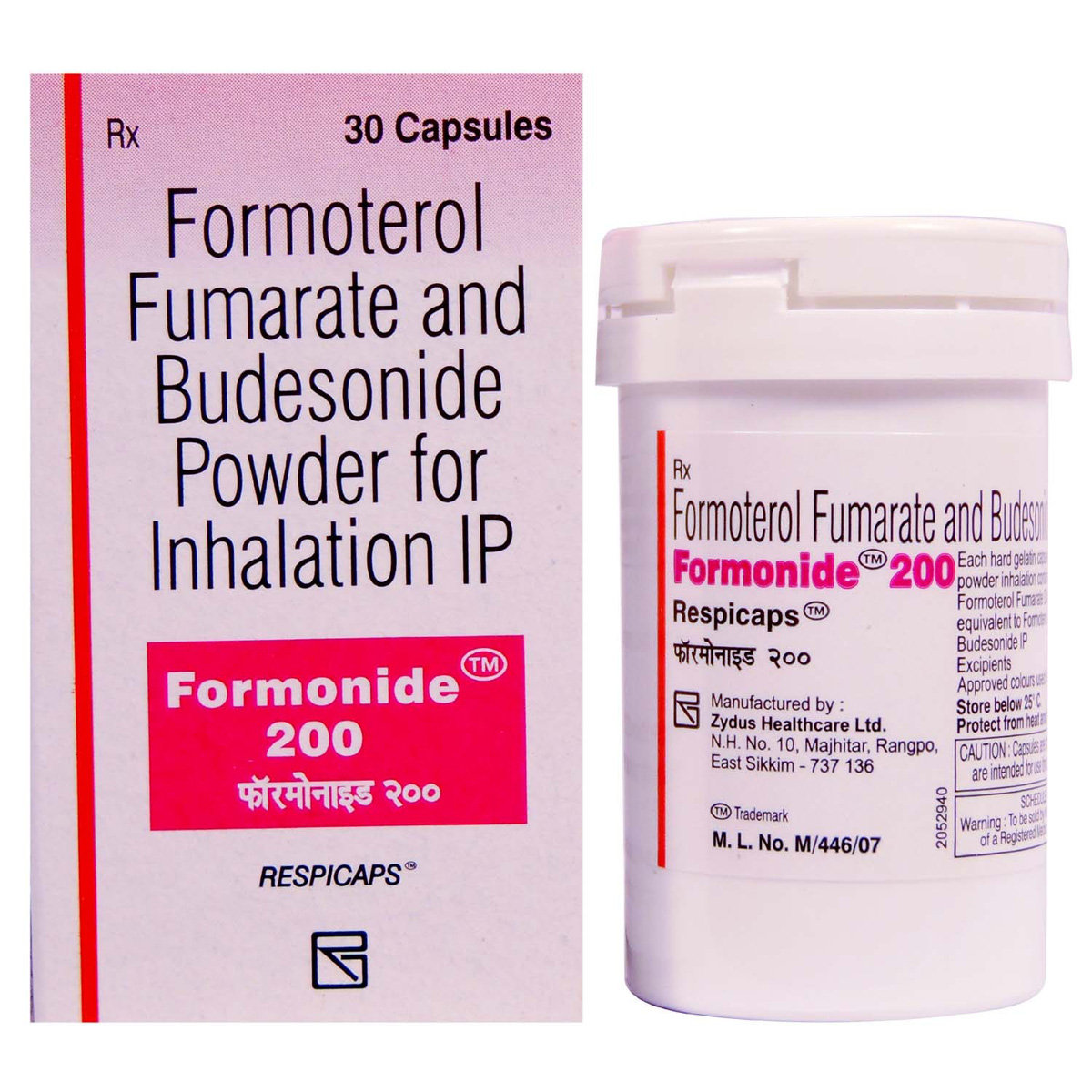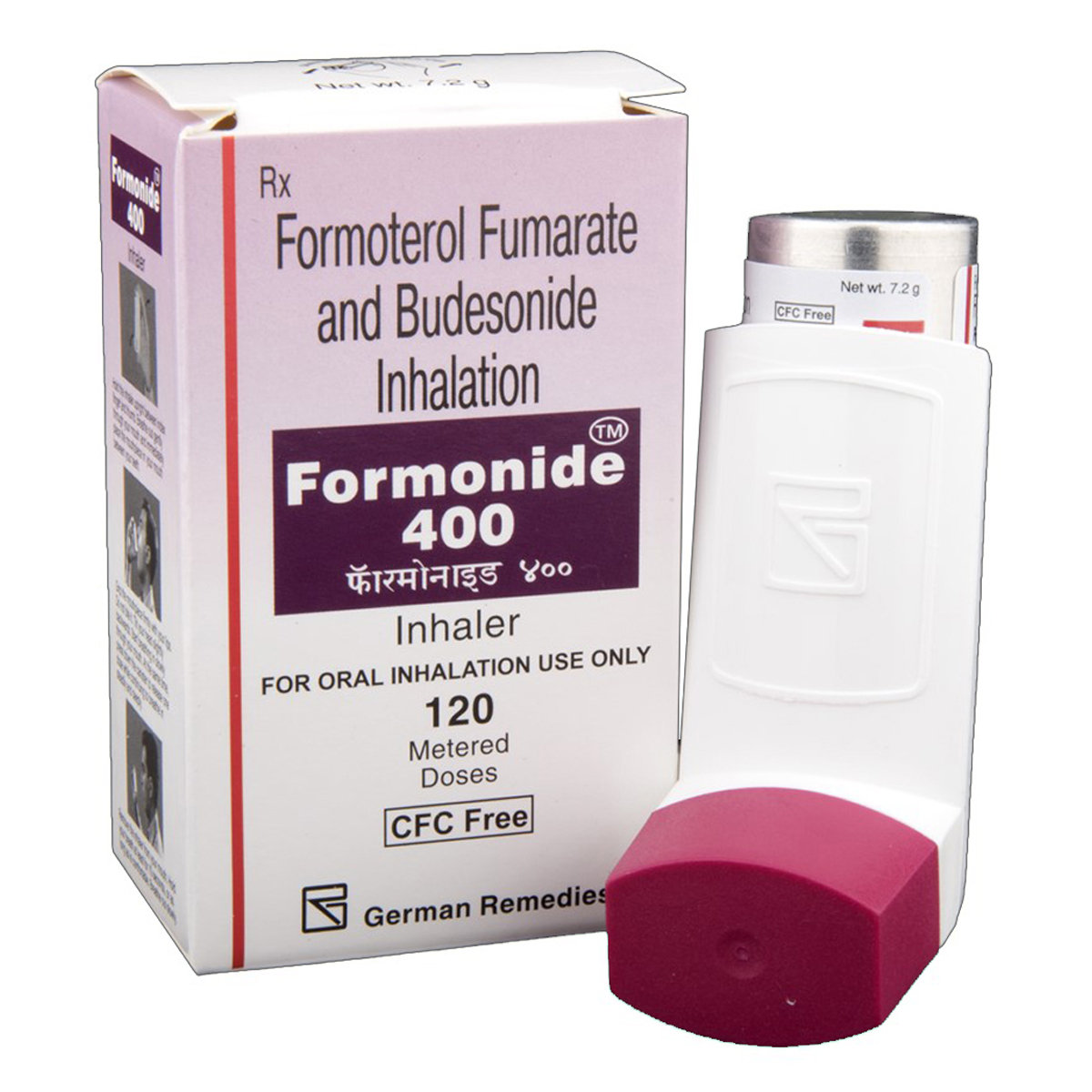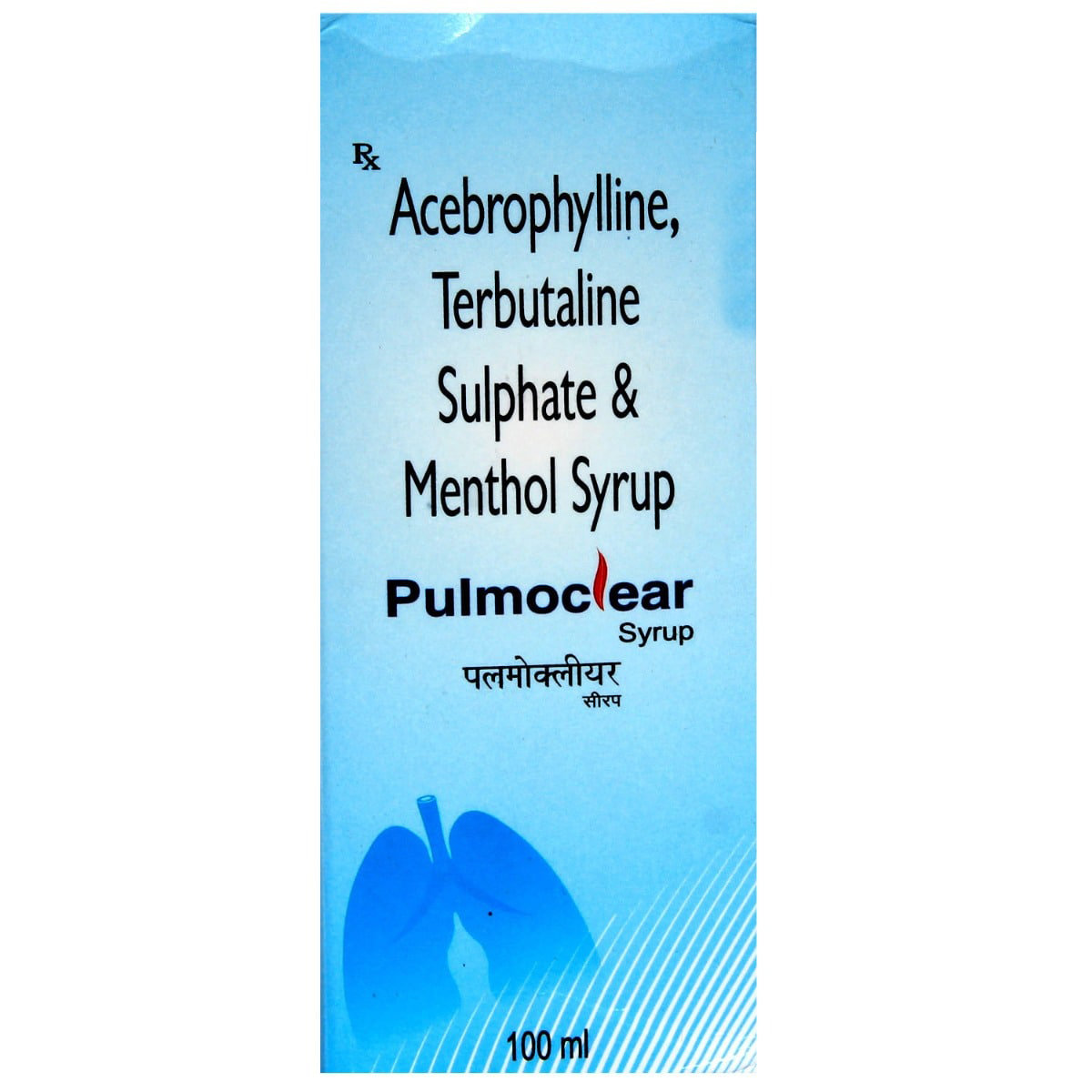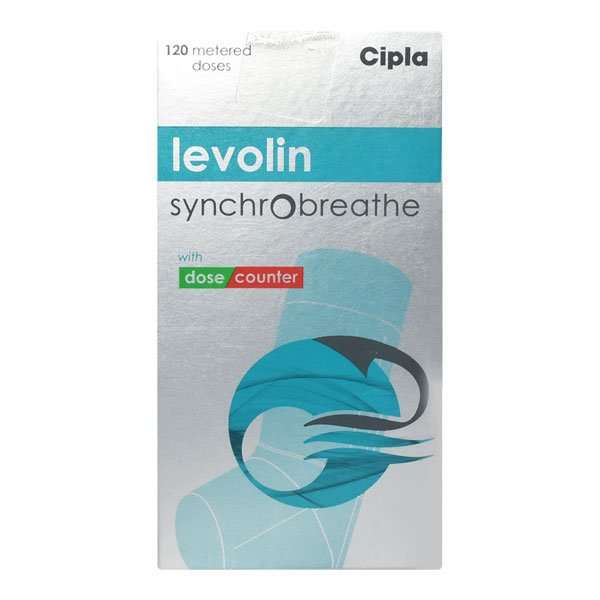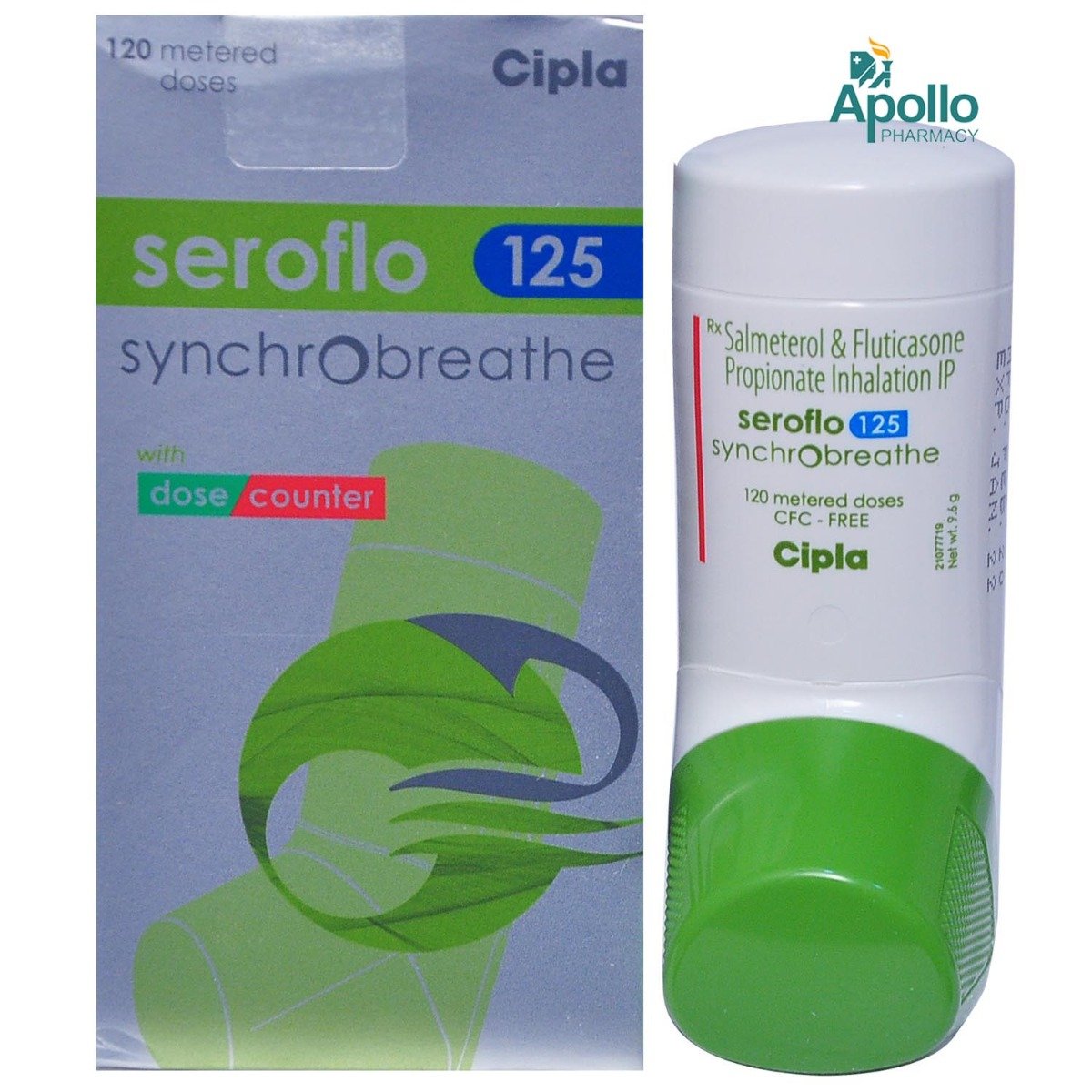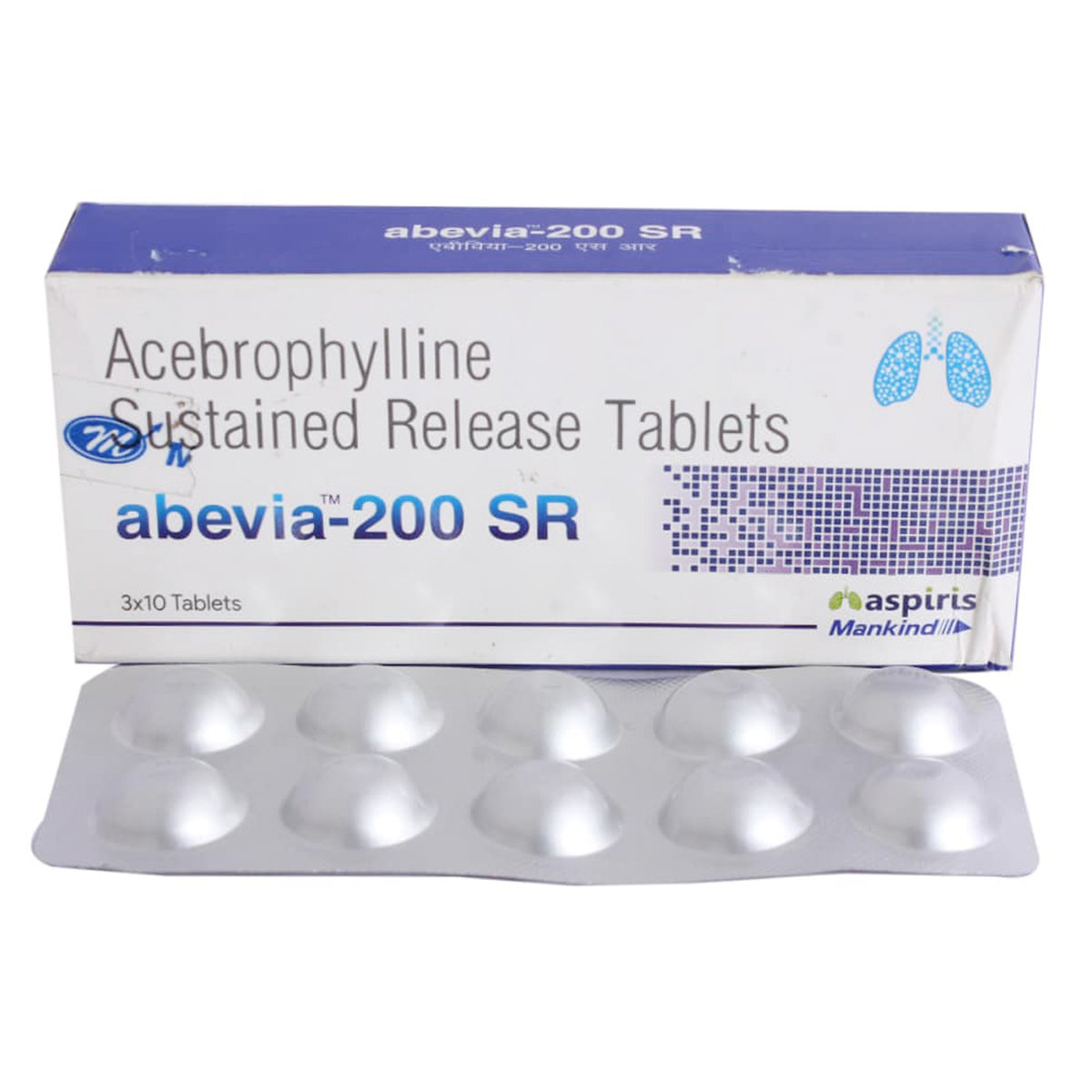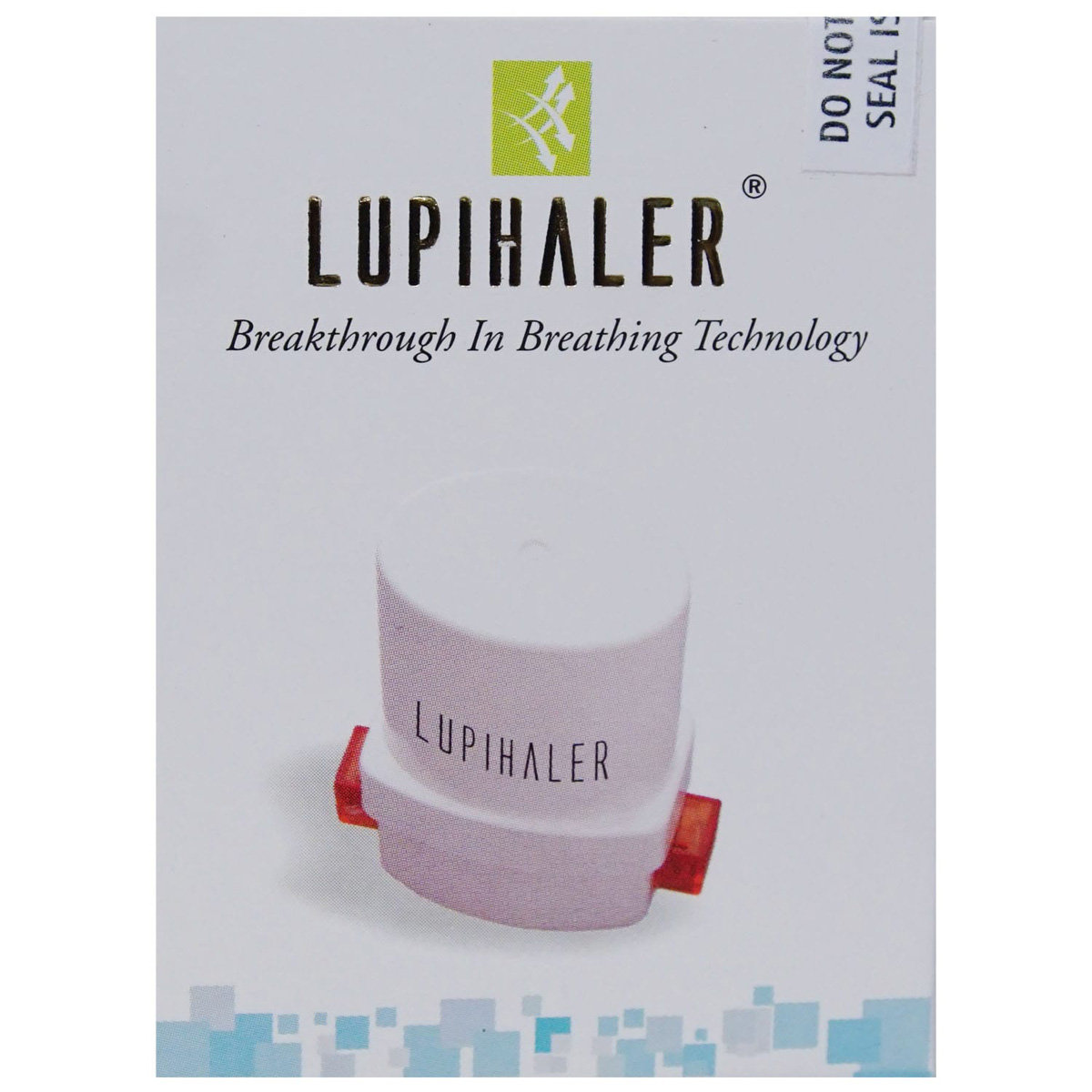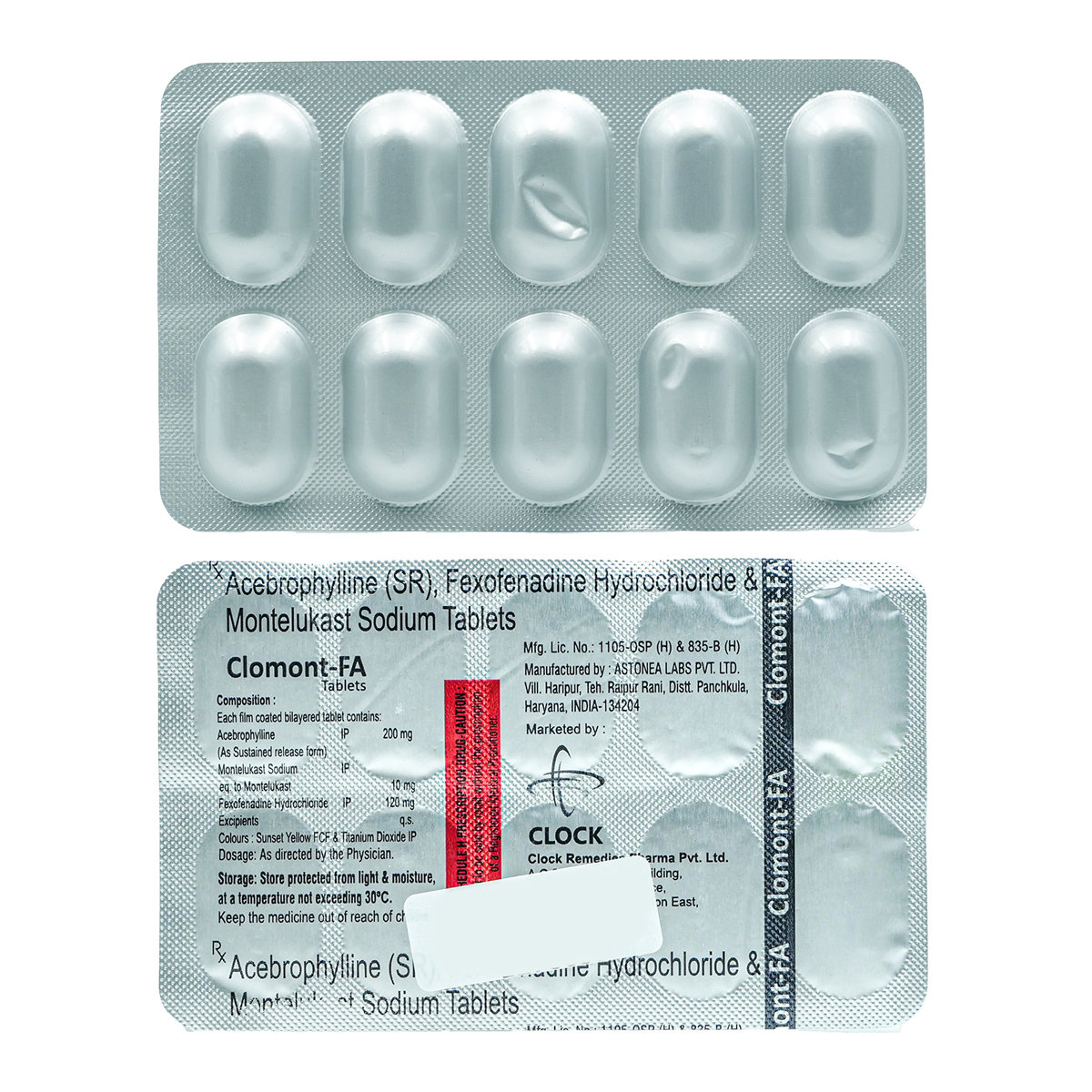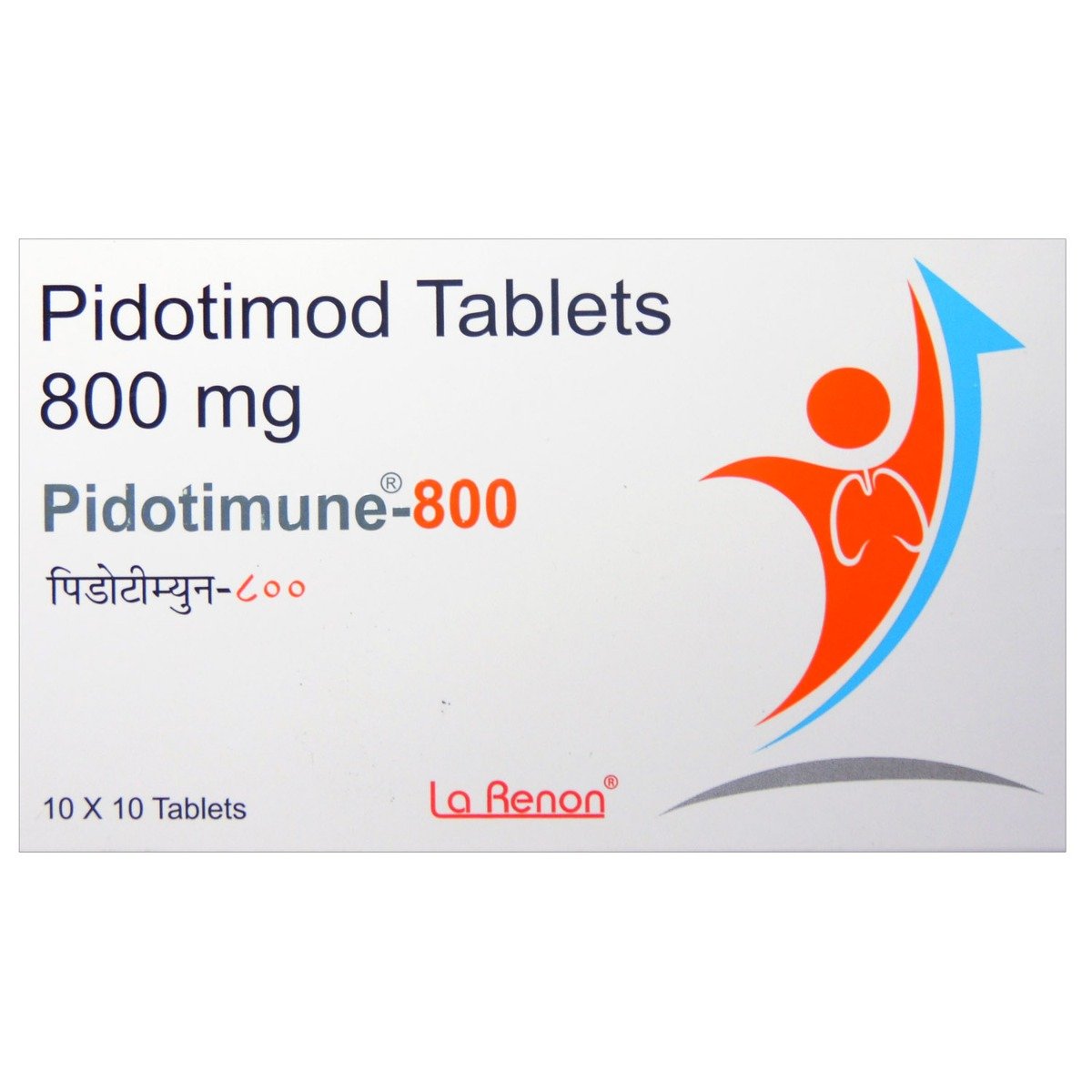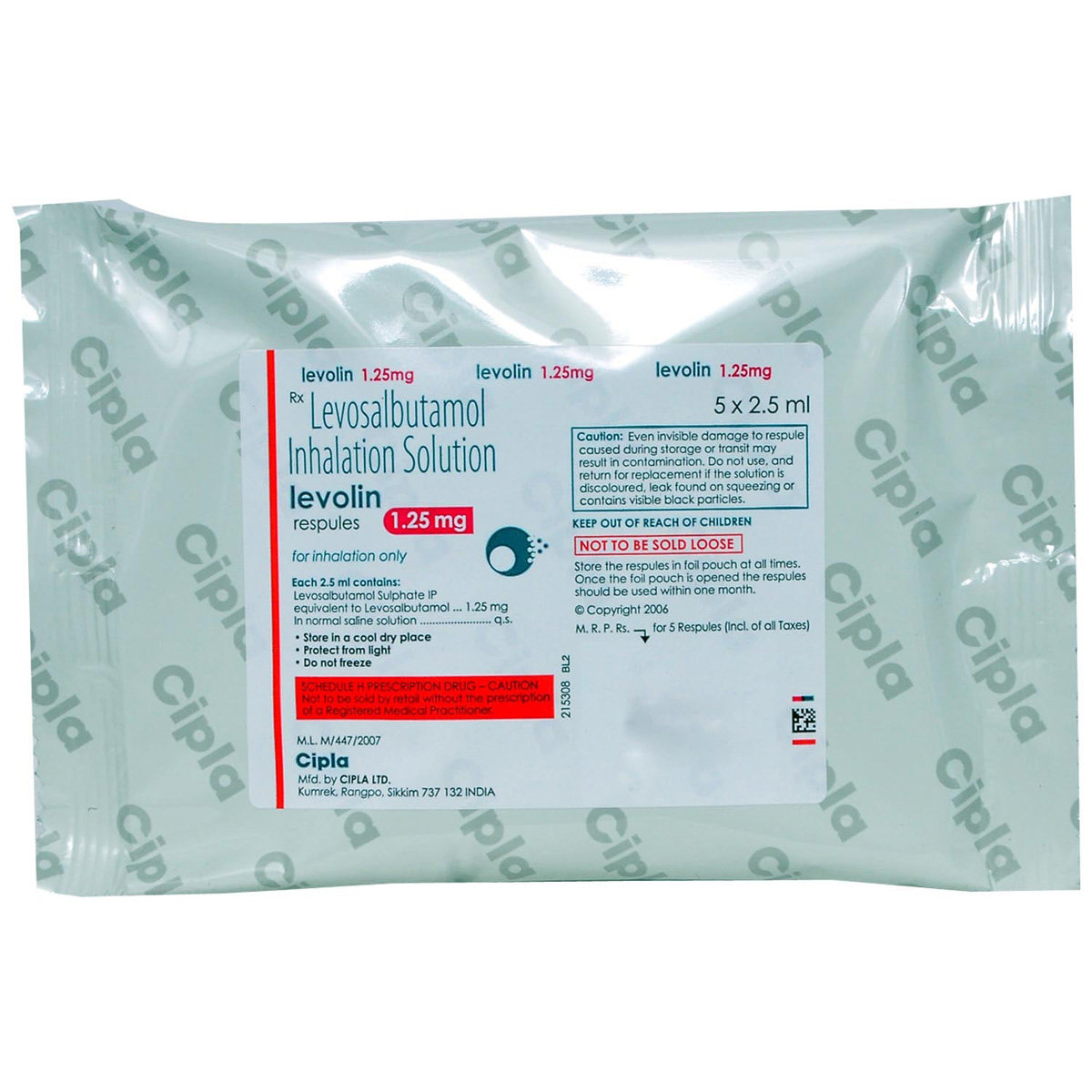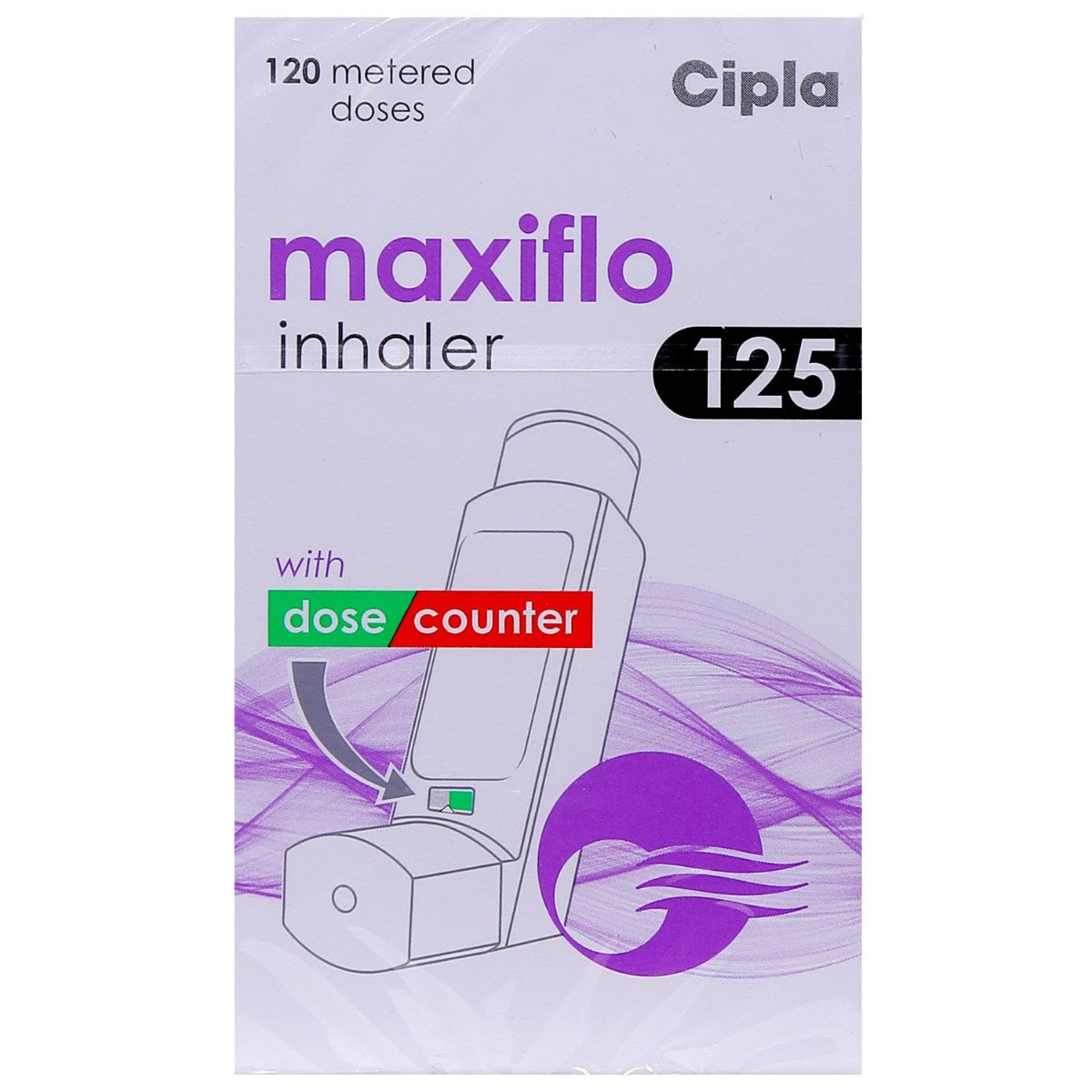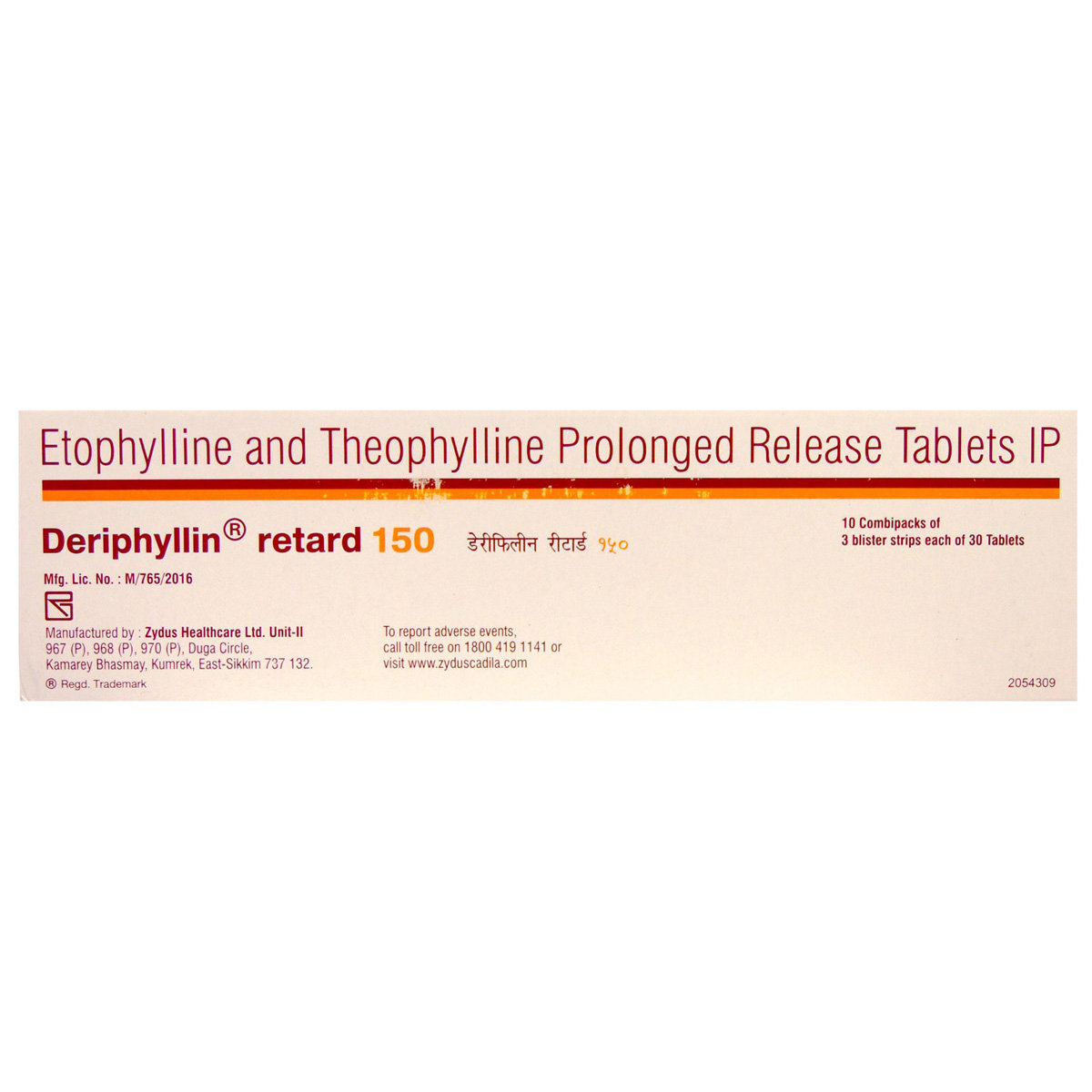- Home
- Health Condition
Medicine For Bronchitis
Medicine For Bronchitis
- Total Items (904)
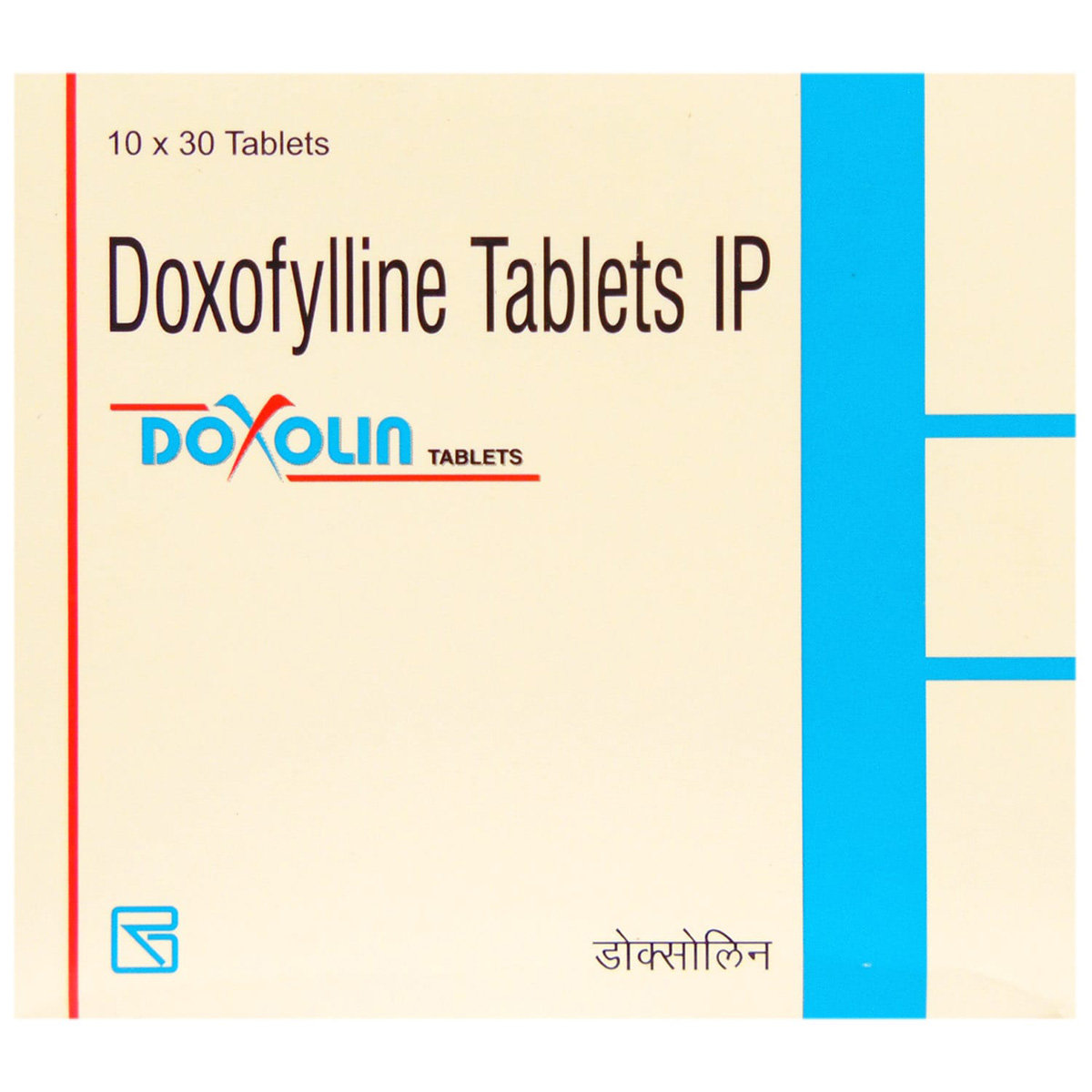 RX
RXDoxolin Tablet 30's
₹143.50
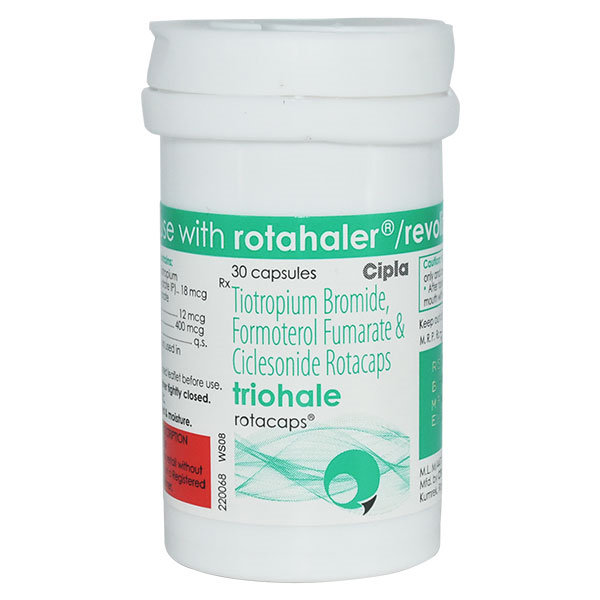 RX
RXTriohale Rotacaps 30's
₹894.50
 RX
RXAirz-F Digihaler
₹697.50
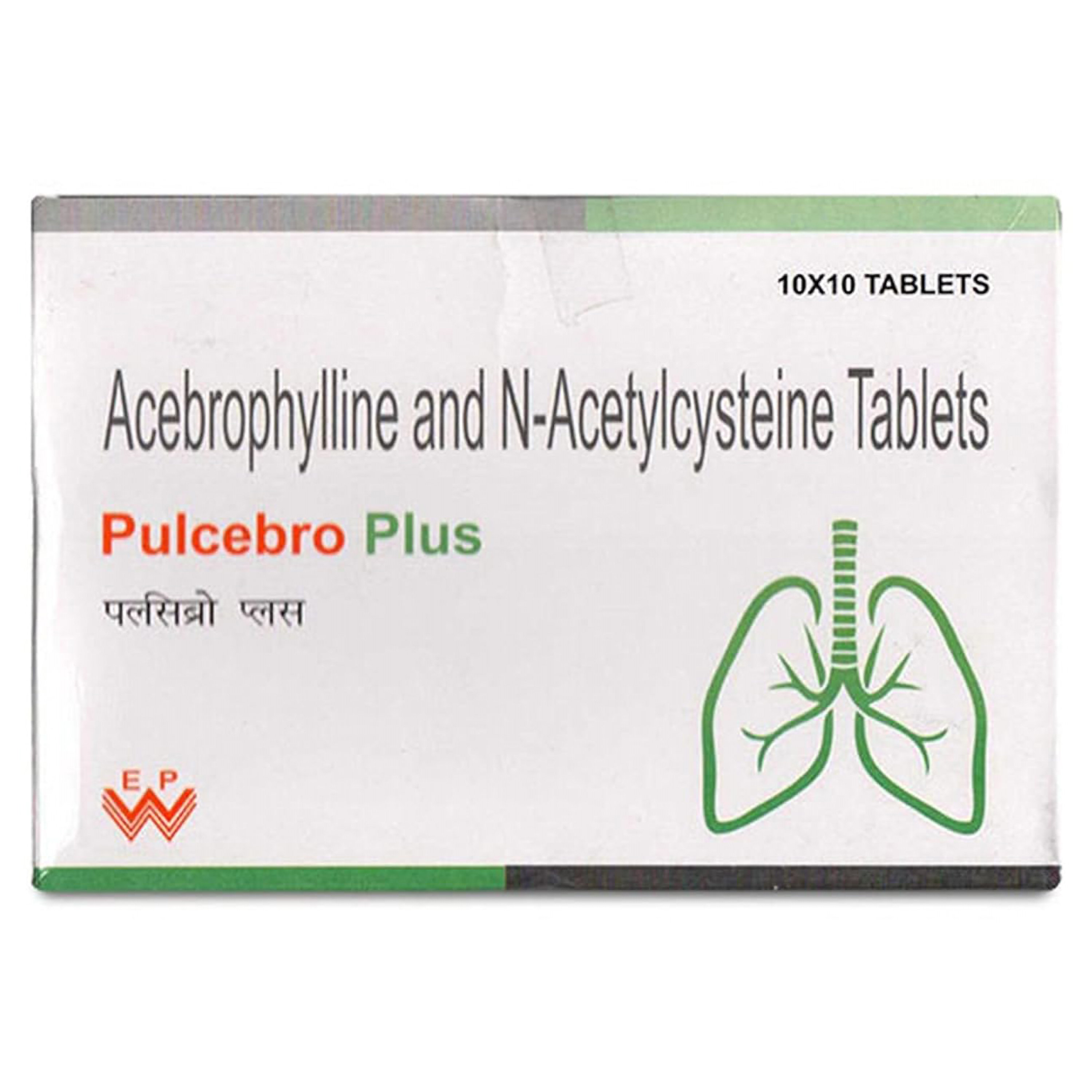 RX
RXPulcebro Plus Tablet 10's
₹197.50
 RX
RXFormonide 400 Respicaps 30's
₹222.50
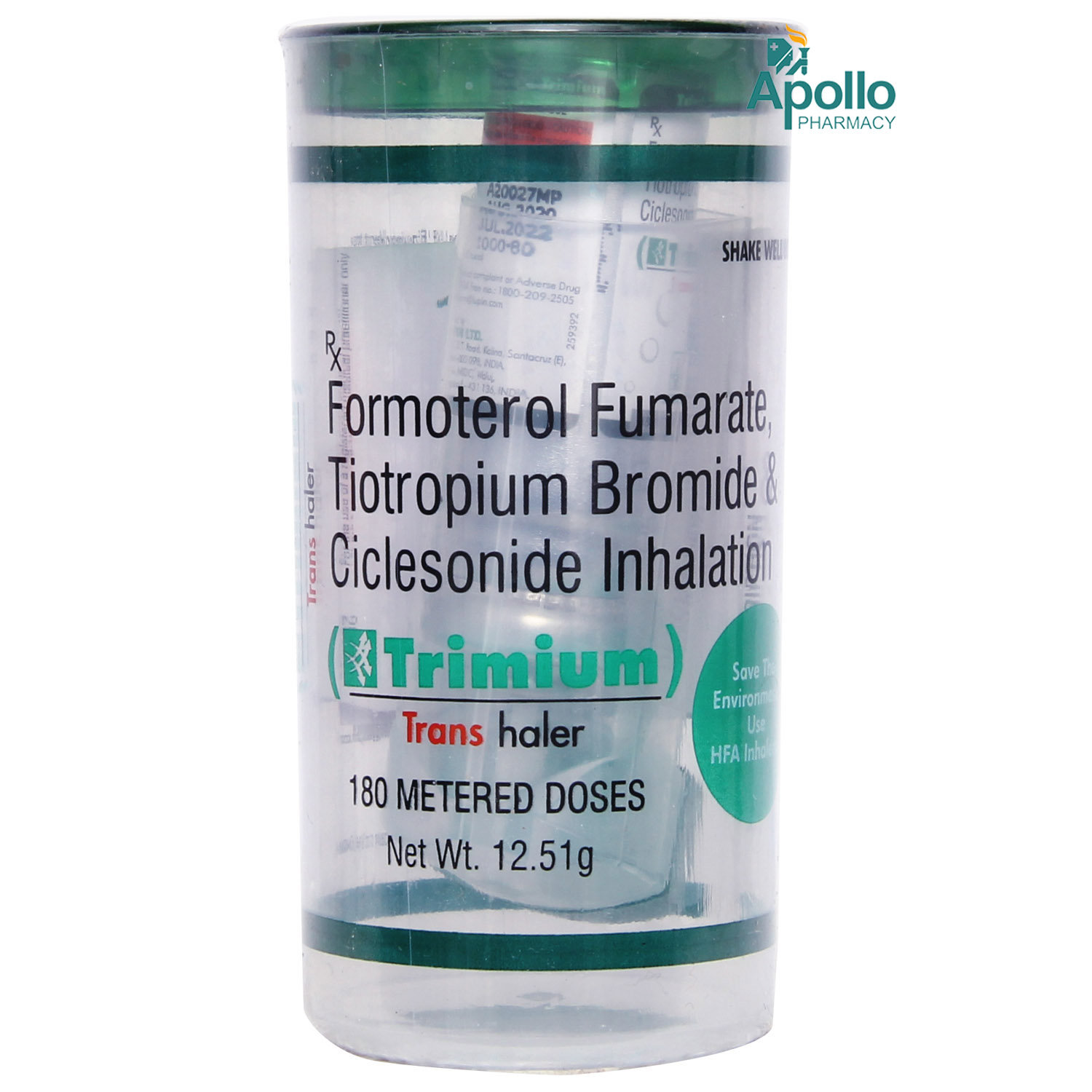 RX
RXTrimium Transhaler
₹1310.50
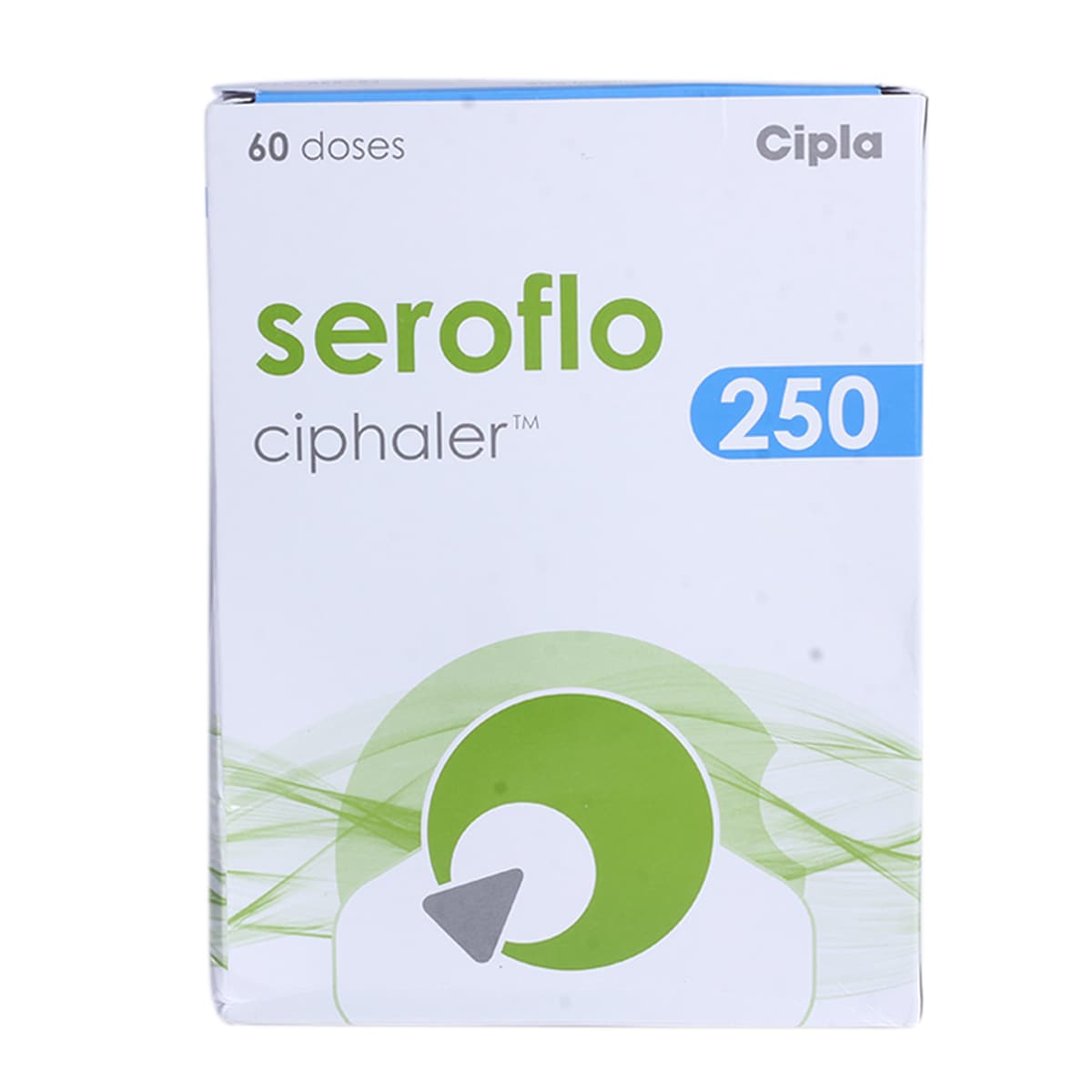 RX
RXSeroflo 250 Ciphaler 60 mdi
₹857.50
Medicine for Bronchitis
Bronchitis is a respiratory condition that occurs when the bronchial tubes, which carry air to the lungs, become inflamed. It can be classified as acute bronchitis, which lasts for a few weeks, or chronic bronchitis, a long-term condition often associated with smoking or other lung diseases like COPD. The symptoms include coughing, mucus production, shortness of breath, chest discomfort, and wheezing. Treatment for bronchitis focuses on relieving symptoms, reducing inflammation, and addressing underlying causes, such as infections or irritants.
Types of Medicines Used for Bronchitis
The choice of medicine for bronchitis depends on whether the condition is caused by a viral or bacterial infection, the severity of symptoms, and the patient’s overall health. The following types of medicines are commonly used:
1. Cough Suppressants and Expectorants
Coughing is a natural reflex that helps clear mucus from the lungs, but excessive coughing can be exhausting. Depending on the type of cough, different medications are used:
- Dextromethorphan: A common cough suppressant that helps reduce dry, irritating coughs, making it easier to rest.
- Guaifenesin: An expectorant that helps thin mucus, making it easier to clear from the airways.
- Bromhexine & Ambroxol: Used to break down thick mucus, aiding in its removal from the lungs.
2. Bronchodilators (Airway-Opening Medications)
Bronchodilators help relax the muscles around the airways, making breathing easier. These medications are especially useful for individuals with chronic bronchitis or those experiencing wheezing.
- Salbutamol (Albuterol): A short-acting bronchodilator used for quick relief of breathing difficulties.
- Ipratropium: Often prescribed for chronic bronchitis to improve airflow.
- Theophylline: A long-acting bronchodilator used in severe cases of chronic bronchitis.
3. Steroids (Anti-Inflammatory Medications)
Steroids reduce inflammation in the airways, helping to relieve symptoms in cases of persistent bronchitis.
- Prednisolone: An oral steroid used for short-term relief in severe cases.
- Budesonide & Fluticasone: Inhaled corticosteroids used for long-term management of chronic bronchitis.
4. Antibiotics (For Bacterial Infections)
Bronchitis is usually viral, but in cases where bacterial infection is suspected, antibiotics may be prescribed.
- Amoxicillin-Clavulanate: Used to treat bacterial bronchitis in severe or prolonged cases.
- Azithromycin & Clarithromycin: Commonly prescribed for bacterial respiratory infections.
- Doxycycline: An alternative antibiotic for those allergic to penicillin.
5. Antiviral Medications (For Viral Bronchitis)
Most cases of acute bronchitis are viral and do not require specific antiviral medications. However, in cases of influenza-related bronchitis, antiviral drugs may be prescribed:
- Oseltamivir (Tamiflu): Used if bronchitis is caused by the flu virus.
- Zanamivir: Another antiviral option for influenza-associated bronchitis.
6. Pain Relievers and Fever Reducers
These medications help manage fever, body aches, and chest discomfort associated with bronchitis.
- Paracetamol (Acetaminophen): Reduces fever and relieves mild pain.
- Ibuprofen: Helps reduce inflammation and fever.
- Aspirin: Used for pain relief but should be avoided in children due to the risk of Reye’s syndrome.
7. Oxygen Therapy (For Severe Cases)
- In chronic or severe bronchitis, oxygen therapy may be required to help with oxygen levels in the blood.
- Portable Oxygen Concentrators: Used for home oxygen therapy in severe cases.
- Hospital-Based Oxygen Support: Required for critically ill patients.
Benefits of Using Medicine for Bronchitis
Medications for bronchitis help in symptom management, preventing complications, and improving respiratory function. The key benefits include:
- Relief from Cough and Mucus Build-up: Cough suppressants and expectorants help manage excessive mucus production and improve comfort. By keeping the airways clear, these medications support better airflow and reduce irritation caused by persistent coughing.
- Reduced Airway Inflammation: Steroids and bronchodilators help relax and open up the airways, improving breathing. This not only eases shortness of breath but also helps prevent excessive strain on the lungs, especially in individuals prone to chronic respiratory issues.
- Faster Recovery from Infections: Antibiotics and antivirals assist in clearing bacterial or viral infections, preventing complications like pneumonia. Timely intervention reduces the duration of illness and helps restore lung function more efficiently.
- Improved Breathing Efficiency: Bronchodilators help expand the airways, ensuring adequate oxygen supply to the lungs. By reducing airway constriction, these medications help individuals with bronchitis maintain normal activity levels without excessive breathlessness.
- Prevention of Chronic Respiratory Issues: Proper medication use can reduce the risk of chronic respiratory conditions developing from repeated bouts of bronchitis. Effective management helps lower the likelihood of exacerbations and long-term lung damage.
- Pain and Fever Control: Pain relievers help reduce fever and manage body aches that often accompany bronchitis. Addressing these symptoms improves overall comfort and allows the body to recover more effectively.
- Better Sleep and Energy Levels: By controlling persistent coughing and discomfort, medications allow individuals to rest properly, leading to improved energy levels and faster healing.
- Enhanced Quality of Life: Managing symptoms effectively allows individuals to maintain their daily activities without frequent interruptions due to respiratory distress. This is particularly beneficial for those who suffer from chronic bronchitis and need ongoing symptom control.
Dosage & Usage Instructions of Medicine for Bronchitis
The appropriate dosage and usage of medicine for bronchitis depend on the severity of the condition, patient age, and medical history. General guidelines include:
- Cough Medicines: Should be taken as needed, with expectorants typically used during the day and suppressants at night for better rest. Overuse should be avoided, as excessive suppression of a productive cough may lead to mucus build-up in the lungs.
- Bronchodilators: Used via inhalers or nebulizers, as prescribed by a doctor. The frequency and dosage should be adjusted based on symptom severity to ensure optimal relief without overuse.
- Steroids: Taken orally or inhaled based on the severity and chronicity of the bronchitis. Long-term use requires careful monitoring to prevent potential side effects such as weakened immunity or changes in blood sugar levels.
- Antibiotics & Antivirals: Prescribed only when necessary and must be completed as per the doctor’s recommendation to prevent resistance. Missing doses or stopping treatment prematurely can result in a recurrence of infection.
- Pain Relievers: Can be taken every 4-6 hours as needed to manage fever and discomfort. They should be taken with food to minimize stomach irritation and should not be overused to avoid dependency or side effects.
- Oxygen Therapy: Only used in severe cases under medical supervision. Patients undergoing oxygen therapy should follow precise usage instructions to maintain safe oxygen levels without causing respiratory suppression.
- Hydration & Supportive Care: Along with medications, drinking plenty of fluids helps thin mucus, making it easier to clear from the airways. Steam inhalation or humidifiers can also aid in relieving airway irritation and congestion.
Buy Medicine for Bronchitis Online at Apollo 24|7
If you are looking for reliable and effective medicine for bronchitis, Apollo 24|7 offers a wide range of medications, including bronchodilators, antibiotics, cough syrups, and inhalers. With the convenience of online ordering and doorstep delivery, managing bronchitis symptoms has never been easier. Expert medical consultations are also available for guidance on the best treatment options.
Frequently asked questions
Acute bronchitis caused by viruses can be contagious, but chronic bronchitis is not. Proper hygiene and precautions can help prevent its spread.
Acute bronchitis typically lasts 10-14 days, whereas chronic bronchitis can persist for months or years, requiring ongoing management.
Yes, most cases of bronchitis are viral and do not require antibiotics. Symptom relief through cough medications, hydration, and rest is usually sufficient.
If symptoms persist beyond three weeks, worsen, or are accompanied by high fever, wheezing, or difficulty breathing, a doctor’s consultation is necessary.
Avoiding smoking, staying hydrated, using humidifiers, and practicing good respiratory hygiene can help in managing and preventing bronchitis.
Yes, but it is best to consult a doctor, especially if symptoms persist or worsen.
Chronic bronchitis may require long-term medication, inhalers, and lifestyle adjustments to manage symptoms effectively.

